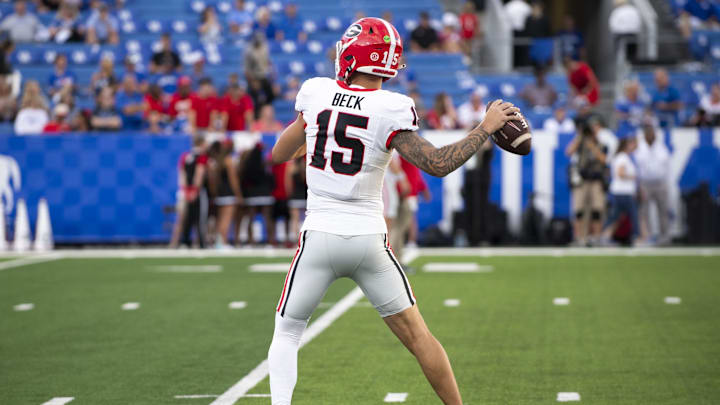New Georgia Law Allows Direct NIL Payments to Athletes

Georgia Governor Brian Kemp signed an executive order on September 17, 2024, allowing schools in the state to directly compensate their athletes for their name, image, and likeness (NIL). This executive order, effective immediately, shields Georgia schools from any punitive actions by the NCAA or athletic conferences, marking a significant shift in the landscape of college athletics.
Governor Kemp's decision aligns Georgia with Virginia, which enacted a similar law in July. Both states now permit schools to pay athletes directly for their NIL without fear of NCAA penalties. This development comes as the NCAA is poised to lift its prohibition on direct NIL payments as part of a pending antitrust settlement, expected to be finalized by the next academic year.
Athletic directors from Georgia and Georgia Tech have lauded the executive order. "We extend our sincere gratitude to Governor Brian Kemp for his leadership today," Georgia athletic director Josh Brooks and Georgia Tech athletic director J Batt said in a shared statement to ESPN on Tuesday. "In the absence of nationwide name, image, and likeness regulation, this executive order helps our institutions with the necessary tools to fully support our student-athletes in their pursuit of NIL opportunities, remain competitive with our peers, and secure the long-term success of our athletics programs.”
The executive order's immediate effect allows Georgia schools to begin compensating athletes without any monetary cap, starkly contrasting to the anticipated antitrust settlement, which would impose a cap starting slightly above $20 million in its first year. This unrestricted financial support could give Georgia schools a competitive edge in recruiting top talent above other states where this practice is barred.
The move also positions Georgia ahead of other states that are considering similar legislation. For instance, Missouri has a law allowing schools to direct funds to a third party, paying athletes for marketing appearances. However, Georgia's direct payment model simplifies the process and potentially offers greater financial benefits to athletes.
The executive order will remain in effect until a formal settlement or federal legislation is enacted to address athlete compensation. The House v. NCAA lawsuit, currently in the final stages of settlement, is expected to be finalized by the 2025-26 academic year. If the settlement collapses or is rejected, the executive order could serve as a model for other states and athletic conferences seeking to avoid a recruiting disadvantage.
